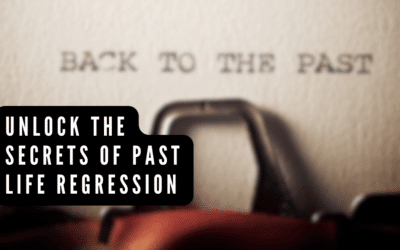Most experts say that the following groups of people have a more difficult time with hypnosis:
- Small children who are not capable of focusing their attention. I have successfully worked with children down to the age 4. Ideally, a child needs to be able to pay attention for more than about 3 min. to be hypnotized.
- Those that have suffered severe organic brain damage and cannot concentrate. You need to be able to pay attention to learn hypnosis.
- Those that have a very low IQ, an IQ below 65- 70. I have worked successfully with a client that had an IQ in the mid-60s. While the client was more difficult to work with, the client did learn to enter the hypnotic state. However, not everyone with such a low IQ can successfully learn hypnosis.
- Someone who is chemically impaired. Again, concentration is key, so if they are impaired to the point where they cannot concentrate or hold a conversation (This can happen with legal and illegal substances).
- Someone who DOES NOT WANT to be hypnotized. This person would be the most common category of client who can’t be hypnotized. I am careful to screen clients to make sure they actually want to change. If you don’t want to change or be hypnotized, I can’t force you to do so. Hypnosis depends on cooperation.
I believe that ALL hypnosis is self hypnosis. While I have had people that experienced difficulty in learning self hypnosis on a first session (less than one in twenty), I’ve never had someone work with me over several sessions that was not able to learn to go into a trance.
I do specialize in change techniques that do not require the state of hypnosis. Principally, I’m an expert in Neuro Linguistic Programming (NLP), which does not rely on the hypnotic state to work.
I also have extensive training in the Emotional Freedom Technique (EFT), which is like acupuncture for the emotions (without the needles), which does not rely on the hypnosis to work.
Image © Minerva Studio – Fotolia.com
[vCitaContact type=contact width=500 height=450]


